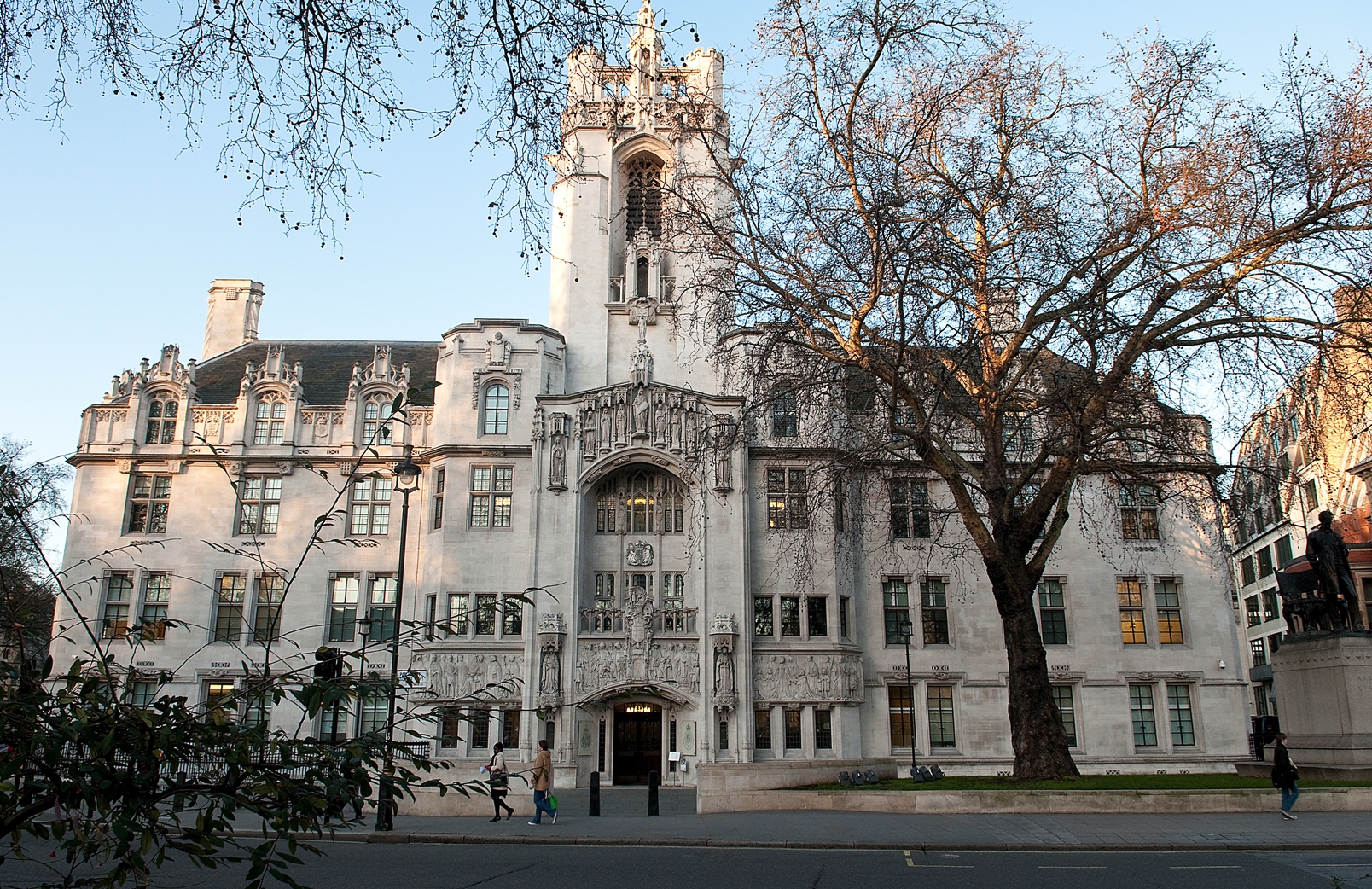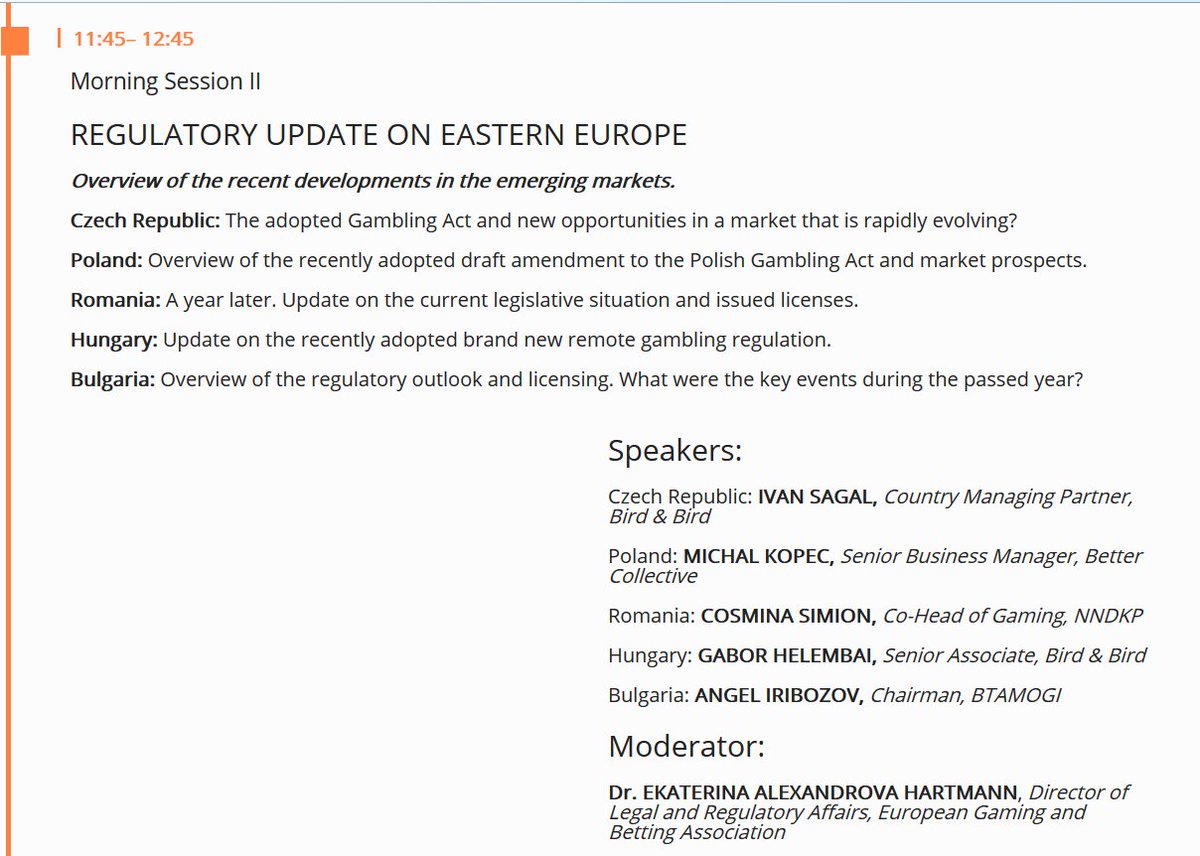Before opening an online project, every operator primarily asks the question: what market to choose? Where can I operate freely, and where do I need to go through the licensing procedure?

Slotegrator examined this question. Our experts prepared a list of countries where online gambling operation is legal.
Is Online Gambling Legal In Poland 2020
Iceland – online casino gambling and online poker illegal – offline gambling is legal. Luxembourg – illegal online other than sports betting and online lottery. Mali – only legal for foreign visitors. Malta – gambling services need a license from the. The Polish Ministry of Finance is looking at making amends to the country's Gambling Act which will allow EU and EFTA operators to operate inside the country. The latest changes to Italian gambling laws occurred in 2011 when online betting was legalized. Now all gambling is regulated and operators need to acquire a gambling license. All betting, including internet wagering, are regulated by the Agenzia delle dogane e dei Monopoli, or the ADM for short.
To make it even more convenient, we sorted them by continents. It includes not only those countries subject to certain requirements and where online gambling is regulated by law. There are also those countries where online gambling is neither regulated nor prohibited.
Online gambling availability in the World 2020
Depending on different approaches to gambling regulation in the world, all countries are divided into 4 groups.
Countries where foreign online casinos are not blocked:
| Africa | Asia | Europe | North America | South America | Oceania |
| Eritrea Nigeria | Azerbaijan Brunei Hong Kong Japan Kyrgyz Republic Laos Malaysia Qatar Singapore Uzbekistan Yemen | Cyprus Bosnia and Herzegovina Czech Republic Iceland Luxembourg Serbia Slovakia | Cayman Islands Salvador Mexico | Brazil | American Samoa Australia Guam New Zealand |
The local regulators do not apply any legislative requirements in these countries. Foreign gambling sites can be licensed in any jurisdiction or generally operate without it.
However, it should be noted that gambling is not necessarily legal in these countries.
For example, the Cayman Islands completely prohibit gambling, while the local residents are liable for participation in gambling. The fact that foreign online casinos are not blocked now can only be explained by the inability of regulator to do this. And if the online gambling is not legalized, blocking of foreign sites is just a matter of time.

Is Online Gambling Legal In Poland Today
Countries where gambling websites must be licensed by the local regulator:
| Africa | Asia | Europe | North America | South America | Oceania |
| Ethiopia Mayotte Reunion Island | Georgia Sri Lanka | Austria Belgium Bulgaria Croatia Denmark Estonia Finland France Germany Italy Netherlands Poland Romania Spain UK | Antigua and Barbuda Guadeloupe Martinique Panama Saint-Barthélemy Saint-Martin Virgin Islands (USA) | Falkland Islands French Guiana | French Polynesia New Caledonia Wallis and Futuna Islands |
These countries use the most competent approach to online gambling regulation. Each operator (whether it is local or foreign) must acquire a license and fulfill certain legal requirements. Conditions are equal for all. Everyone is obliged to pay taxes to the budget. Only in this case, the operator has the right to work legally. Otherwise, the online resource will be blocked.
The following countries require a license of the local regulator only for the local gaming sites. Foreign platforms can work without it:
| Africa | Asia | Europe | North America | South America | Oceania |
| Comoros Gambia Guinea Mauritius Rwanda Seychelles | Armenia | Greece Hungary Ireland Latvia Lithuania Macedonia Moldova Monaco Norway Montenegro Portugal San Marino Slovenia Sweden Switzerland | Aruba Belize Canada Curacao Dominica Dominican Republic Greenland | - | Fiji Vanuatu |
Is Online Sports Betting Legal In Poland
As in the first group, these countries do not apply any legal requirements to foreign sites. A foreign operator may be licensed in any jurisdiction and, in some countries operate without it at all. However, all local casino owners are required to undergo the licensing procedure of the local regulator and to pay taxes to the local treasury.
The following countries have no restrictions for the gambling sites at all:
| Africa | Asia | Europe | North America | South America | Oceania |
| Angola Benin Botswana Burkina Faso Burundi Cameroon Cape Verde Central African Republic Chad Congo DR Congo Egypt Equatorial Guinea Gabon Ghana Guinea-Bissau Côte d'Ivoire Kenya Lesotho Liberia Madagascar Malawi Mali Morocco Mozambique Namibia Niger Sao Tome and Principe Senegal Sierra Leone South Sudan Swaziland Tanzania Togo Tunisia Uganda Western Sahara Zambia Zimbabwe | Bangladesh Macau India Mongolia Myanmar Tajikistan | Albania Andorra Belarus Faroe Islands Gibraltar Isle of Man Kosovo Liechtenstein Malta | Bahamas Barbados Bermuda Costa Rica Djibouti Grenada Guatemala Haiti Honduras Jamaica Nicaragua Saint Kitts and Nevis Saint Lucia Saint Vincent and the Grenadines Turks and Caicos | Argentina Bolivia Chile Ecuador Guyana Paraguay Peru Suriname Trinidad and Tobago Uruguay Venezuela | Cook Islands Kiribati Micronesia Nauru Northern Mariana Islands Palau Papua New Guinea Samoa Solomon Islands East Timor Tonga |
This is the largest group of countries. Many of them do not regulate gambling activities at all.
Online gambling laws around the world
Today almost every country has its own rules regulating the land-based gambling. However, the situation with online gambling is more ambiguous. As can be seen, the attitude towards local and foreign operators differs fundamentally from country to country.
In the European Union, for example, the operators of the foreign gambling sites are subject to the requirements of the EU law. However, not all countries agree that foreign operators don’t pay taxes to the local treasury. Contrary to the requirements of the EU, they put the foreign operators under own regulations forcing them to obtain a local gaming license and pay taxes to the local budget. Among these countries France, Germany, Italy, etc.
Is Online Gambling Legal In Portugal
The second reason for the different attitudes to local and foreign operators is that many countries (especially those not technologically advanced) simply do not have the resources or tools to prevent foreign companies from operating in their territories.

Summing up the availability of online gambling around the world:

- 32 countries prohibit the local operators from working without a license, but those gambling sites that operate from abroad can easily offer their services to local residents. Among them, the following countries: Seychelles, Armenia, Dominican Republic, Greece, Monaco, Norway, Canada, Sweden, Switzerland, etc.
- 32 countries allow online gambling only with the local license. For example, Austria, Denmark, Finland, France, the UK, the Netherlands etc.
- 28 countries prohibit locals from gambling and block sites of local gambling operators. However, foreign platforms can work freely, even if they have no license. These states are either unwilling or are not able to prevent them. For example, Australia, Brazil, New Zealand, Mexico, Japan, Singapore, Nigeria, etc.
- 93 countries do not prohibit online casinos and do not license them. They include Bolivia, Uruguay, Venezuela, Bahamas, Argentina, Egypt, Kenya, Tunisia, Kosovo, Gibraltar, etc.